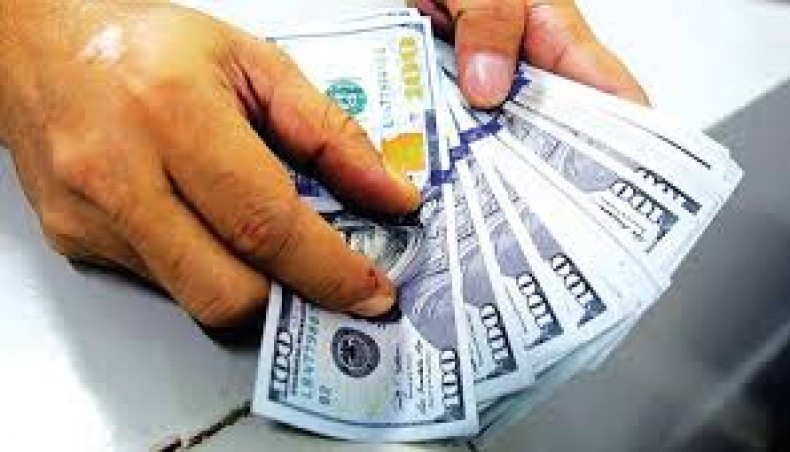
The gross foreign exchange reserve in Bangladesh, according to International Monetary Fund guidelines, dropped to $19.45 billion on Wednesday from that of $20.78 billion on February 29, according to Bangladesh Bank data.
It was at $19.98 billion on March 20.
The foreign exchange reserve was $21.86 billion on December 28, 2023.
However, based on the Bangladesh Bank’s conventional valuation, the foreign exchange reserve was reported as $24.81 billion on Wednesday.
The reserve did not significantly decrease, as the central bank received over $1.75 billion from banks under recently launched swap arrangements, bankers said.
Banks, facing a serious liquidity crisis, are seeking options for local currency under these arrangements, resulting in a decline of the dollar rate by Tk 4-6 each on the open market to Tk 119 each.
The forex reserve had previously dropped to $19.13 billion on December 6, 2023, but recovered to $21.74 billion on January 4 after receiving $689 million in loans from the International Monetary Fund and $400 million from the Asian Development Bank.
However, the reserves began declining again soon after.
The decline in the country’s foreign exchange reserve continued due mainly to a significant dollar shortage on the market, which has compelled the central bank to continue selling dollars to the banks from its reserves, BB officials said.
In March, the reserve significantly depleted as import payments of $1.29 billion were made to the Asian Clearing Union for November and December of 2023.
The Asian Clearing Union is a payment settlement forum whereby the participants settle payments for intra-regional transactions through participating central banks on a net multilateral basis.
Payment obligations of transactions among Bangladesh, Bhutan, India, Iran, the Maldives, Myanmar, Nepal, Pakistan and Sri Lanka are settled through the ACU payment system.
The ongoing sales of foreign currency to the country's banks by the central bank also contributed to the reduction in the country's foreign exchange reserves.
The central bank has been selling dollars to commercial banks, with more than $30 billion sold over the past 32 months, including $9.5 billion allocated to banks in July-January of the financial year 2023-24, $13.5 billion in FY23 and $7.62 billion in FY22.
The country’s financial sector is grappling with a severe dollar shortage as the value of the greenback continues to rise.
In response, the government and the central bank have implemented measures to restrict imports, particularly of luxury and non-essential items.
The dollar rate was set at Tk 110 per dollar by the Association of Bankers, Bangladesh and the Bangladesh Foreign Exchange Dealers’ Association.
The Bangladesh Bank follows the IMF’s BPM6 for calculating gross and net international reserves.
The net reserve, according to the IMF guidelines, was around $16 billion.
